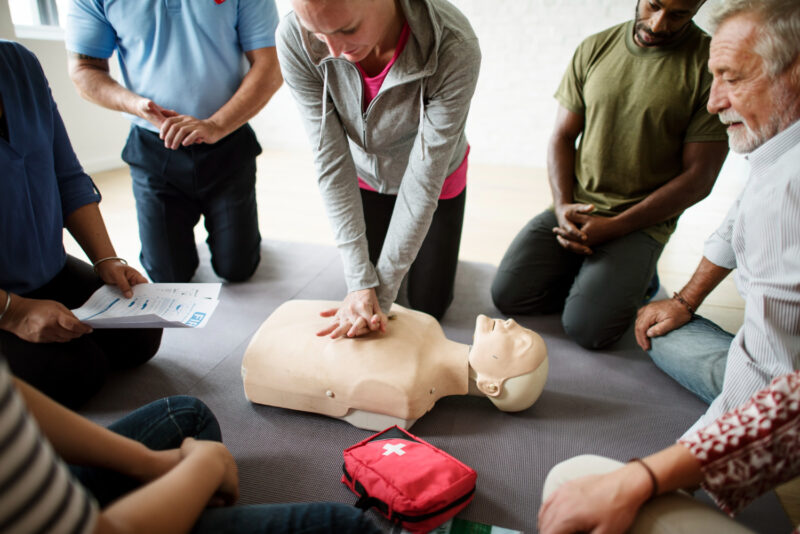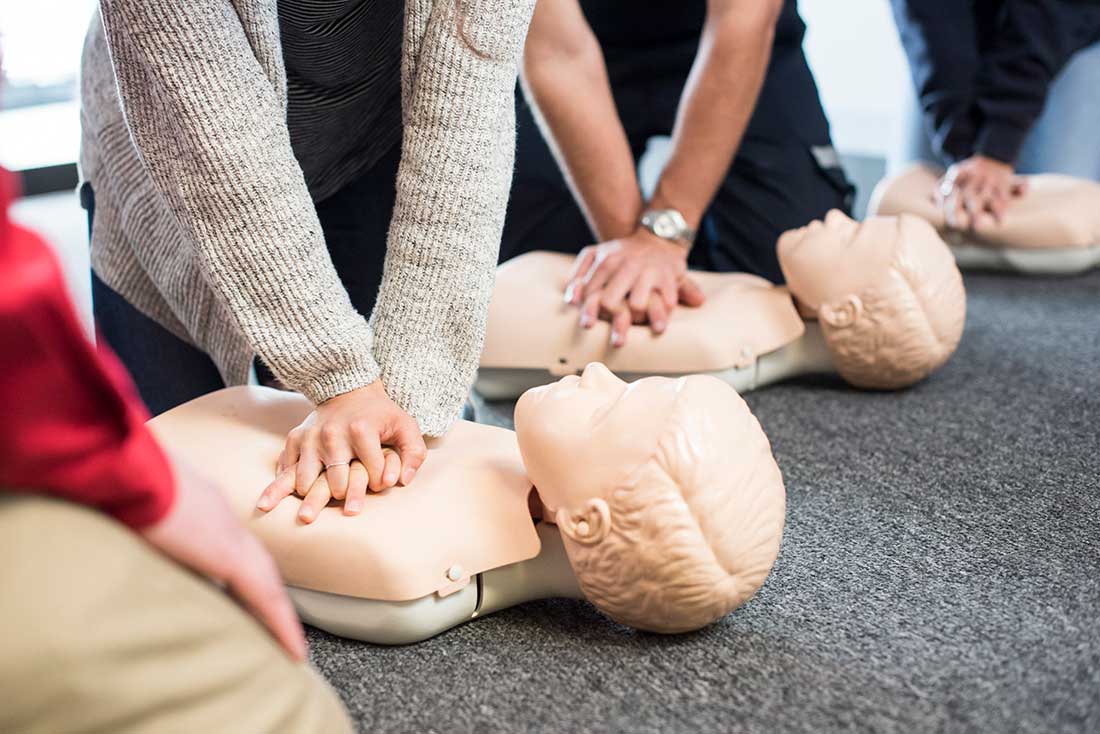Obtaining a CPR First Aid certification is a valuable and potentially life-saving skill that equips individuals with the knowledge and confidence to respond effectively in emergency situations.
However, it’s important to understand that these certifications come with an expiration date. In this article, we’ll delve into the details of the CPR First Aid certification lifespan, why certifications expire, the renewal process, and the significance of staying up-to-date with your certification.
Why Certifications Expire

CPR First Aid certifications have a limited lifespan for several reasons. Firstly, medical practices and techniques evolve over time as new research and advancements emerge. This means that the methods taught in CPR and First Aid courses might change to reflect the most up-to-date and effective techniques.
Secondly, memory decay can occur. Skills and knowledge may fade if they aren’t regularly practiced and reviewed. By requiring recertification, organizations ensure that individuals possess the necessary skills to respond appropriately during emergencies.
Certification Lifespan
Typically, CPR First Aid certifications are valid for a period of two years, striking a balance between ensuring individuals have current knowledge and not burdening them with overly frequent recertification requirements.
The two-year window provides enough time for participants to gain practical experience and feel confident in their abilities, while also motivating them to refresh their skills before they expire. As the expiration date approaches, individuals can conveniently explore renewal options through platforms like https://cprcertificationnow.com.
The Renewal Process

Renewing a CPR First Aid certification is a vital step in maintaining life-saving skills. As certifications expire every two years, the renewal process ensures that individuals are up-to-date with the latest techniques and protocols. Typically, refresher courses form the core of the renewal process.
These courses not only provide participants with updated information but also offer a platform to practice and showcase their proficiency in performing CPR and administering First Aid. Renewal often involves a comprehensive assessment, encompassing both theoretical knowledge and hands-on skills evaluation.
By actively engaging in the renewal process, individuals can confidently continue their role as effective first responders in critical situations.
Staying Up-to-date
Maintaining a valid CPR First Aid certification is crucial for individuals who want to remain prepared to respond effectively in emergencies. Whether you’re a healthcare professional, a teacher, a parent, or simply a concerned citizen, having the ability to provide timely assistance can make a significant difference in saving lives.
Regular recertification ensures that you’re equipped with the latest information and techniques.
Conclusion

In a world where emergencies can happen at any time, being equipped with CPR and First Aid skills is a responsibility that shouldn’t be taken lightly. While the CPR First Aid certification lifespan is limited, the impact of possessing these skills is immeasurable.
By understanding the expiration of certifications, participating in refresher courses, and staying informed about the latest techniques, you can ensure that you’re always prepared to provide the crucial assistance that might just save someone’s life.
So, if your certification is approaching its expiration date, don’t hesitate to sign up for a renewal course – you never know when your skills might be needed to make a life-saving difference.

